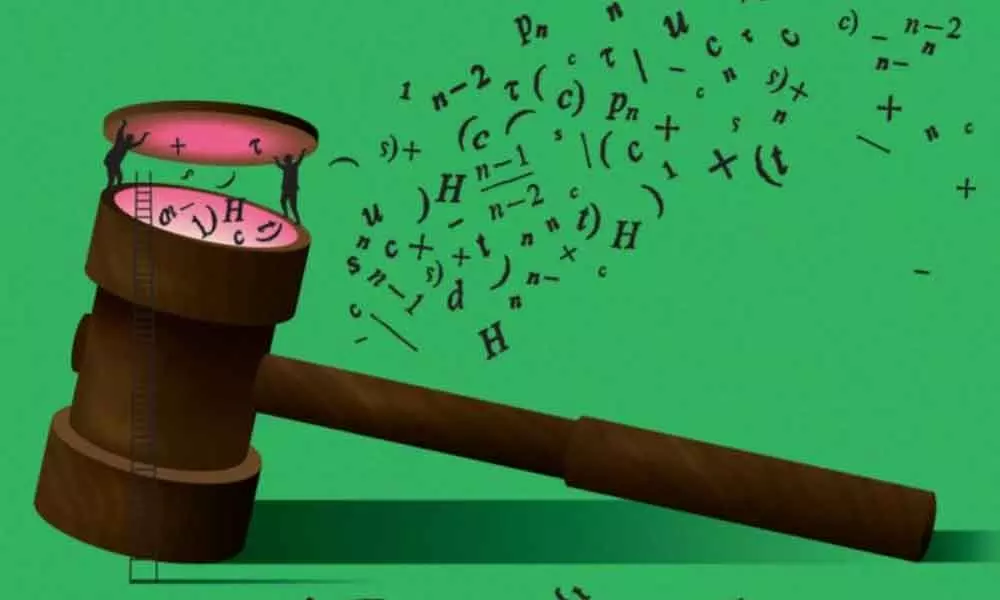Noble thought on auction theories

Noble thought on auction theories
The Nobel Prize in Economics for 2020 has been announced. The most-celebrated award in economics, technically known as the Sveriges Riksbank Prize in Economic Sciences in memory of Alfred Nobel, went to Robert Butler Wilson Jr and Paul Robert Milgrom, both American economists affiliated to Stanford University, for their seminal works in auction theories.
The Nobel Prize in Economics for 2020 has been announced. The most-celebrated award in economics, technically known as the Sveriges Riksbank Prize in Economic Sciences in memory of Alfred Nobel, went to Robert Butler Wilson Jr and Paul Robert Milgrom, both American economists affiliated to Stanford University, for their seminal works in auction theories. The Royal Swedish Academy of Sciences, which awards Nobel Prizes annually, cited the achievements of the duo in improving auction theory and their inventions of new auction formats, for bestowing the rare honour. Wilson, 83-year-old Adams Distinguished Professor of Management-Emeritus at Stanford University, has received the honour for his pioneering research on what is called winner's curse in the auction theory. His works in this area showed why 'rational bidders tend to place auction bids below their own estimate of the common value".
According to his works, bidders tend to quote less in auctions, fearing that paying more might lead to losses. His co-winner Milgrom who did his doctoral thesis under his guidance expanded the auction theory, incorporating private values that bidders would include in the bids in addition to common values. That way, he succeeded in evolving new auction formats that were used in practical applications globally. For instance, the Federal Communications Commission (FCC) of The US relied on inputs from Paul Milgrom when it started auctions for telecommunication spectrum instead of allocating it on the specific merits of each applicant. Since the auction process began in July 1994, the US Treasury mopped over $60 billion through 87 spectrum auctions. Many other countries also emulated this auction methodology. India also took the auction route when it sold spectrum for the first time in 1994. It continued the practice till 2008 when it allocated a second generation (2G) spectrum on a first-come-first-serve basis with 2001 price as the base.
Widespread allegations were levelled against officials, politicians and companies involved in the allocation process, leading to what is known as 2G spectrum scam. Allocation of coal blocks in similar fashion around the same time, also kicked off a big row. It is widely believed that 2G and coal scams led to defeat of the Congress-led UPA government in 2014. India's 2G and coal scams underline the need for adopting the auction process while allocating natural, public resources. But instead of collecting upfront license fees, governments should go for a revenue sharing model as India did sometimes. However, there is a school of thought that emerging markets and developing countries did not benefit from auction theories and innovations in that domain the way the US did. Anyway, the Stanford duo rightfully deserve the Nobel Prize as innovations in auction theory that they brought in benefitted the world at large. The Nobel honour will encourage more research in this realm of economics, leading to plenty of new innovations and novel concepts in the auction theory space. The Royal Swedish Academy of Sciences capped this year's Nobel Prizes week by honouring Wilson and Milgrom. It's an apt celebration of an economic theory with multiple practical applications.








